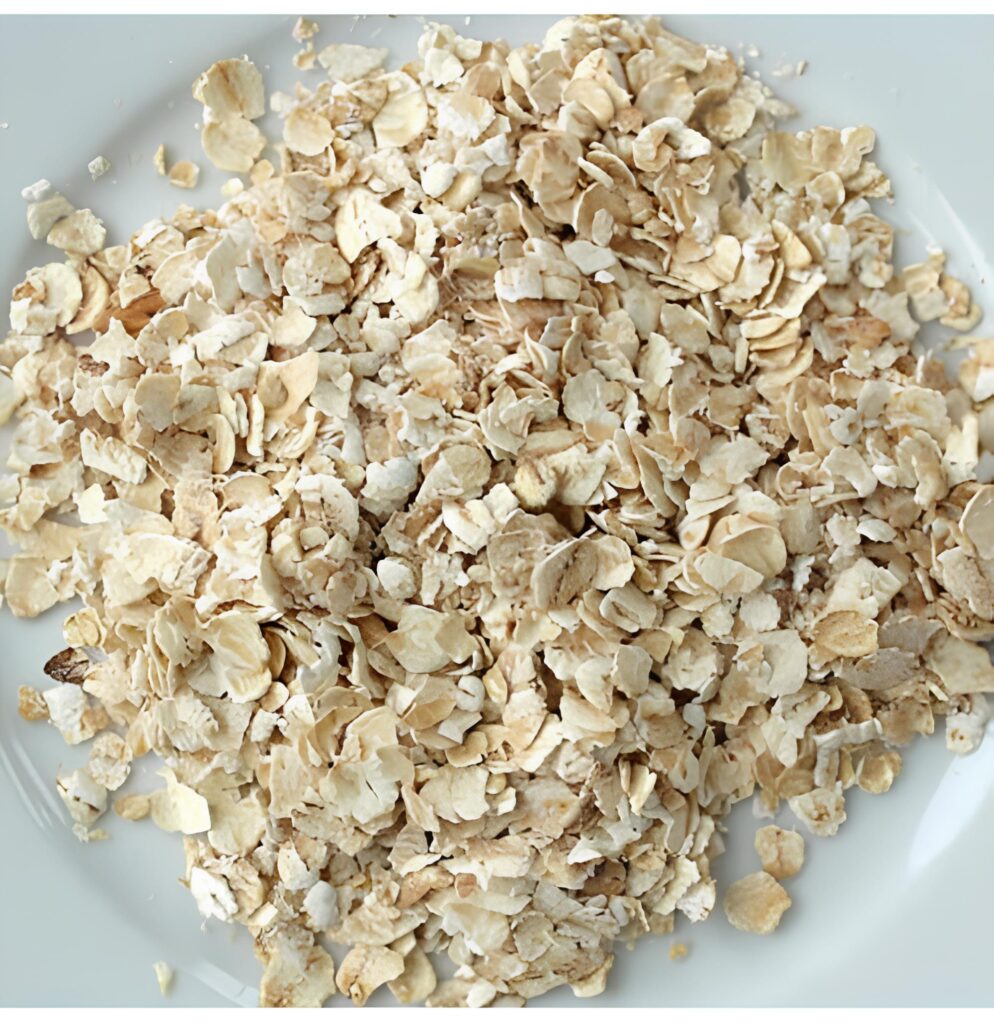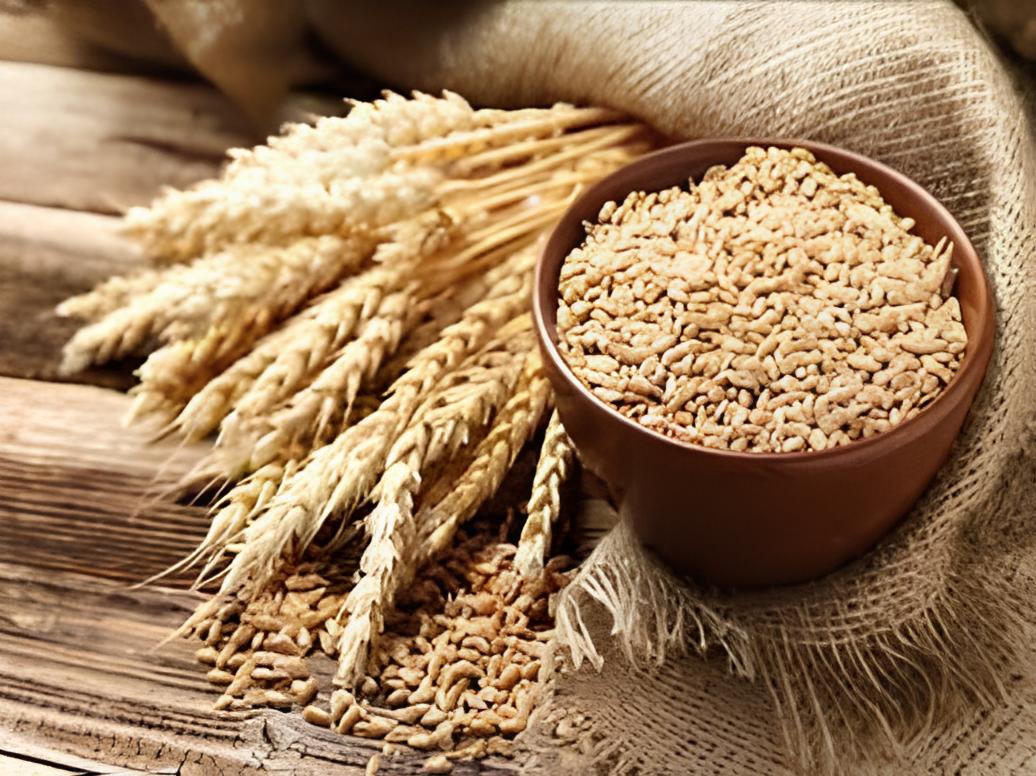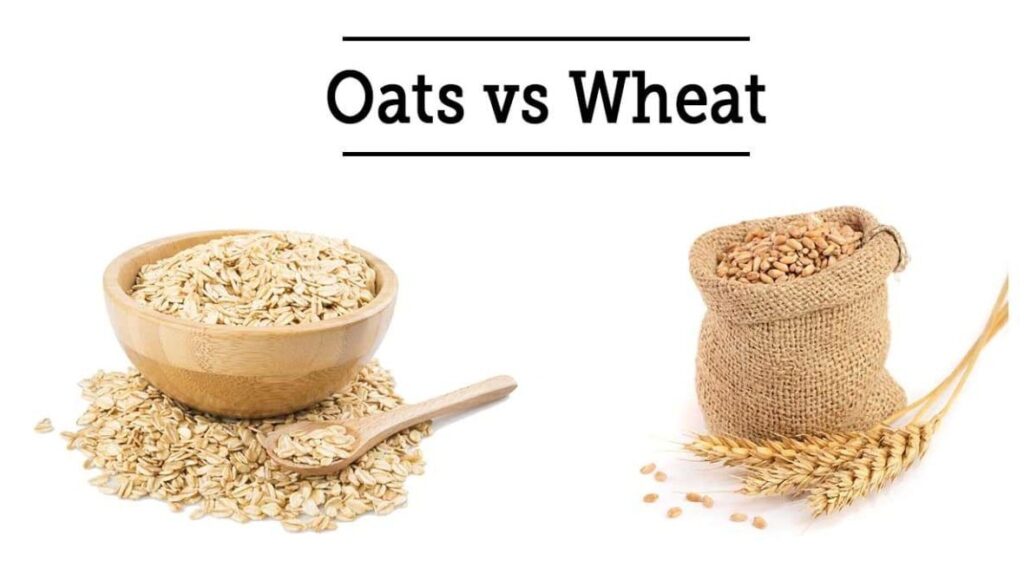When it comes to breakfast cereals, oats and wheat stand out as two of the most renowned options globally. Both these grains are packed with protein and fiber, offering numerous health benefits. Whether you choose oats or wheat, you’re making a healthy choice.
Oats
Oats are widely recognized as one of the world’s most popular cereals, enjoyed by over half of the global population. Oats, when prepared as a dish, constitute one of the healthiest breakfast choices available. They are a rich source of protein and fiber, contributing to improved metabolism and aiding in weight management.
Wheat
Wheat, a type of grass, ranks as the third most-produced cereal worldwide, following maize and rice. Its widespread popularity is due to its productivity and its ability to deliver various health benefits. Wheat is commonly found in bread, cakes, and pastries and is even used in the production of beer.
Nutrition Comparison of Oats and Wheat
| Components | Oats | Wheat |
|---|---|---|
| Total Fat | 10.8 g | 2.5 g |
| Protein | 26.4 g | 13 g |
| Fiber | 16.5 g | 11 g |
| Calcium | 8 % | 3 % |
| Carbs | 103 g | 72 g |
| Saturated Fat | 1.9 g | 0.4 g |
| Calories | 607 | 340 |
Macronutrients
Wheat provides macro-nutrients such as protein, carbohydrates, dietary fiber, total sugars, monosaccharide, disaccharides, soluble fiber, insoluble fiber, monounsaturated fat, polyunsaturated fat, and more.
Oats offer macro-nutrients including total fat, total carbohydrates, saturated fat, proteins, calcium, iron, magnesium, potassium, zinc, and others.
Benefits of Consuming Oats and Wheat
Oats Benefits

- Rich in antioxidants, including avenanthramides.
- Avenanthramides aid in reducing blood pressure levels.
- Improves blood sugar regulation.
- Facilitates weight loss.
- Used in facial scrubs.
- Helps alleviate asthma.
- Provides relief from constipation and irritable bowel movements.
- Contains vitamins, minerals, and antioxidants like thiamine, magnesium, phosphorus, zinc, manganese, selenium, and iron.
- The fiber content (soluble and insoluble) lowers cholesterol and maintains stable blood glucose levels.
Wheat Benefits

- Aids in preventing colon cancer and supports gut health.
- Abundant in nutrients and fiber.
- Reduces the risk of various health problems.
- Contributes to lower obesity risk.
- The fiber in wheat eases the risk of constipation.
Side Effects of Oats and Wheat
Cons of Oats:
- Avoid if you have difficulty swallowing or chewing.
- Poorly chewed oats can lead to intestinal blockage.
- Regular consumption may cause digestive tract issues, including esophageal, stomach, and intestinal disorders.
Cons of Wheat
- High gluten content can promote weight gain; hence, those on strict diets should minimize wheat consumption.
- Some individuals may find it hard to digest.
- Wheat can trigger allergic reactions like wheezing and nausea in certain people.
Conclusion
Both oats and wheat offer valuable health benefits, supplying essential nutrients and aiding in disease prevention. However, when making a dietary choice, it’s advisable to prioritize oats over wheat. Oats are considered one of the healthiest grains available, and they possess the added advantage of being gluten-free, making them an excellent choice for overall health and well-being.
What are the main nutritional differences between oats and wheat?
Oats have higher protein (26.4g vs. 13g), fiber (16.5g vs. 11g), and total fat (10.8g vs. 2.5g) compared to wheat. They also contain more calcium (8% vs. 3%) but have higher calories (607 vs. 340).
What are some health benefits of consuming oats?
Oats are rich in antioxidants, help regulate blood sugar, support weight loss, reduce cholesterol, alleviate asthma, and improve digestion.
Why is oats considered a better dietary choice than wheat?
Oats are gluten-free, packed with essential nutrients, and provide better metabolic benefits, making them a healthier choice than wheat.

